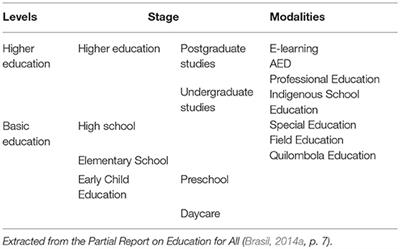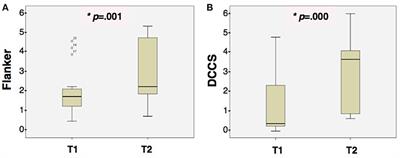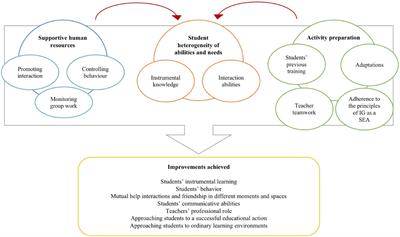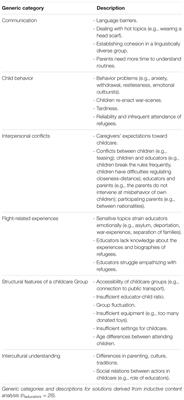SYSTEMATIC REVIEW
Published on 02 Jul 2019
Promoting Social Creativity in Science Education With Digital Technology to Overcome Inequalities: A Scoping Review

doi 10.3389/fpsyg.2019.01474
- 22,966 views
- 42 citations
30k
Total downloads
235k
Total views and downloads
Select the journal/section where you want your idea to be submitted:
SYSTEMATIC REVIEW
Published on 02 Jul 2019

SYSTEMATIC REVIEW
Published on 24 Apr 2019

METHODS
Published on 19 Feb 2019
ORIGINAL RESEARCH
Published on 19 Dec 2018

ORIGINAL RESEARCH
Published on 07 Dec 2018

SYSTEMATIC REVIEW
Published on 01 Nov 2018

ORIGINAL RESEARCH
Published on 24 Oct 2018

ORIGINAL RESEARCH
Published on 19 Sep 2018

ORIGINAL RESEARCH
Published on 19 Sep 2018
ORIGINAL RESEARCH
Published on 06 Sep 2018


Frontiers in Psychology